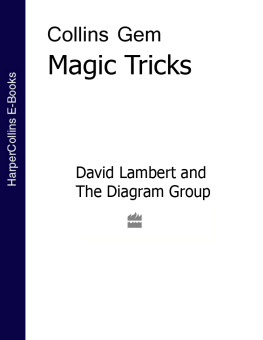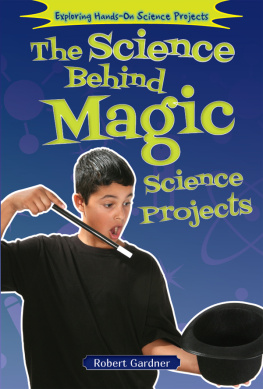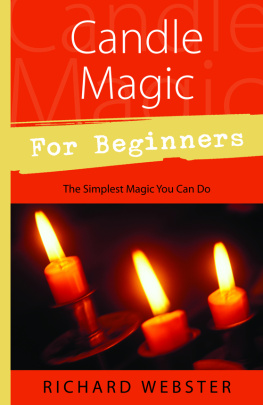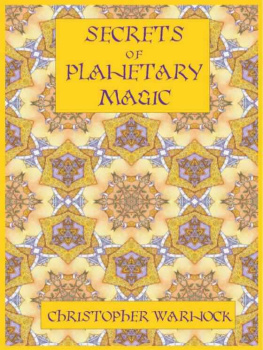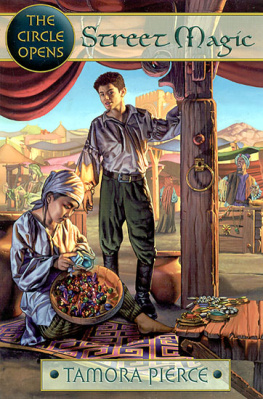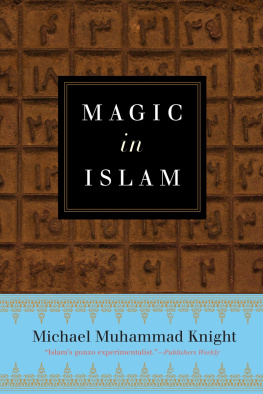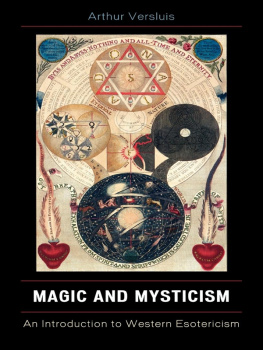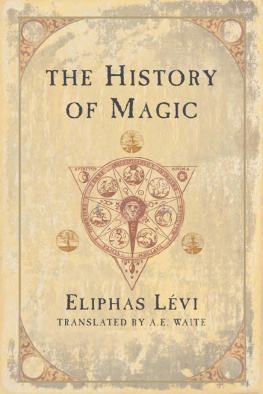A General Theory of Magic
It is enough to recall that Mauss s influence is not limited to ethnographers, none of whom could claim to have escaped it, but extends also to linguists, psychologists, historians of religion and orientalists.
Claude Lvi-Strauss
Marcel Mauss, Emile Durkheim s nephew and most distinguished pupil, was a man of unusual ability and learning, and also of integrity and strong conviction. After Durkheim s death he was the leading figure in French sociology.
Sir E. E. Evans-Pritchard
Marcel Mauss
A General Theory of Magic
Translated by Robert Brain
With a foreword by D. F. Pocock
First published, in collaboration with Henri Hubert, in Ann sociologique , 1902. This translation is based on the edition published in Sociologie et anthropologie , 1950
1950 Presses Universitaires de France
English translation by Robert Brain, first published 1972
by Routledge and Kegan Paul
1972 Robert Brain
First published in Routledge Classics 2001
by Routledge
11 New Fetter Lane, London EC4P 4EE
29 West 35th Street, New York NY 10001
Routledge is an imprint of the Taylor & Francis Group
This edition published in the Taylor and Francis e-Library, 2005.
To purchase your own copy of this or any of Taylor & Francis or Routledge s collection of thousands of eBooks please go to www.eBookstore.tandf.co.uk.
All rights reserved. No part of this book may be reprinted or reproduced or utilised in any form or by any electronic, mechanical, or other means, now known or hereafter invented, including photocopying and recording, or in any information storage or retrieval system, without permission in writing from the publishers.
British Library Cataloguing in Publication Data
A catalogue record for this book is available from the British Library
Library of Congress Cataloging in Publication Data
A catalog record for this book has been applied for
ISBN 0-203-99614-3 Master e-book ISBN
ISBN 0-415-25550-3(hbk)
ISBN 0-415-25396-9(pbk)
FOREWORD
by David Pocock
School of African and Asian Studies,
University of Sussex
In introducing Dr Brain s excellent translation I am acutely conscious that Professor Lvi-Strauss has not only written about Th orie de la magie at some length but also made it the occasion for a major, if early, statement of position. Because this important document has not yet been translated I believe that I shall do the reader of the present work more service by drawing his attention to it rather than attempting something in the nature of an original essay. I shall write of Mauss s Theory of Magic in the perspective of Lvi-Strauss s own achievement which, in my opinion, gives it retrospectively its significance for the modern reader.
It may seem paradoxical to say that the importance of the present work is that it contributes to the dissolution of magic as a category, nevertheless this is the claim made for it. The need for such an act of dissolution is to be found in the earlier history of ethnology.
Criticisms of social Darwinism in the nineteenth century are easily made and, in the process, many of the still relevant achievements of the period are neglected. One of the most important of these, at a time when notions of enlightenment and progress threatened to divide humanity along what today we would call racialist lines according to innate capacity, was that the application to primitive societies of the theory of evolution re-established the fundamental human unity. If it now seems to us absurd that certain societies should have been thought of as representing stages in the evolution of the human species, we should remember that this was the price paid for the renewed belief in the unity of that species and the potential for change in the societies concerned.
Few theories are pure in their application and it should not surprise us if writers of that time occasionally sinned against the conception of unity by imputing, particularly in the area which they thought of as the supernatural, modes of thought which, if true, would as effectively have cut the primitive off from communication with the modern as a genetic difference would preclude interbreeding.
The vice is not dead: some modern accounts of non-European societies, again especially in the area of religion , magic and the like, seem to rest on assumptions about human nature which would not stand the test of application to ourselves. Indeed sometimes it seems that the primitive is to be defined as that about which any nonsense can be believed. Modern writers have less excuse than their forebears: they, for the most part, shared beliefs in, or derived from, a revealed religion which, but for the labours of their missionary brethren, was indeed closed to the majority of mankind.
Magic was perhaps even more prone to this treatment than religion. The ethnologists of the nineteenth century knew what they, at least, meant by the latter; magic on the other hand was a peculiar and alien phenomenon and its persistence in sections of European society only heightened the scholar s sense of estrangement. Much of the theoretical discussion which preceded Mauss s work had for its effect not so much that of overcoming the apparent division between those who believed and those who did not (i.e. the ethnologists themselves) as of reinforcing it. Thus it comes about, for example, that we learn more about Sir James Frazer s beliefs about magic than we understand about the examples which he cites.
This intrusion of the subjective is not bad in that it is inevitable; it is common to all the social sciences. However, consciousness of it imposes upon them all the perpetual task of re-examining in relation to the facts the most tried and accepted categories of their apparatus. If categorical distinctions of the Western mind are found upon examination to impose distinctions upon (and so falsify) the intellectual universes of other cultures then they must be discarded, or, as I have put it, dissolved. I believe magic to be one such category and need only cite here by way of evidence the fact that it is perpetually opposed to religion and science in our literature.
Marcel Mauss certainly had no such work of demolition in mind, although I seem to see in his two concluding paragraphs some hint of an awareness that his researches had led him further than his original intent. Certainly the modern reader can derive from Mauss s wide-ranging survey of the facts and his many profound insights the materials for a further advance.
In his Introduction Professor Lvi-Strauss reminds us that if we are to do justice to Mauss we must remember the date at which the Theory of Magic was published.
It was at a time when comparative ethnology had not yet been abandoned, largely at the instigation of Mauss himself, and as he was to write in the Essay on the Gift : That constant comparison in which everything is mixed and where institutions lose all local colour and documents their savour. Only later did he devote himself to drawing attention to societies which truly represent the maxima , the excesses, which better allow the facts to be seen than those in which, although no less essential, they remain small and undeveloped.
This is to compare Mauss with himself and certainly no one would seek to displace the


